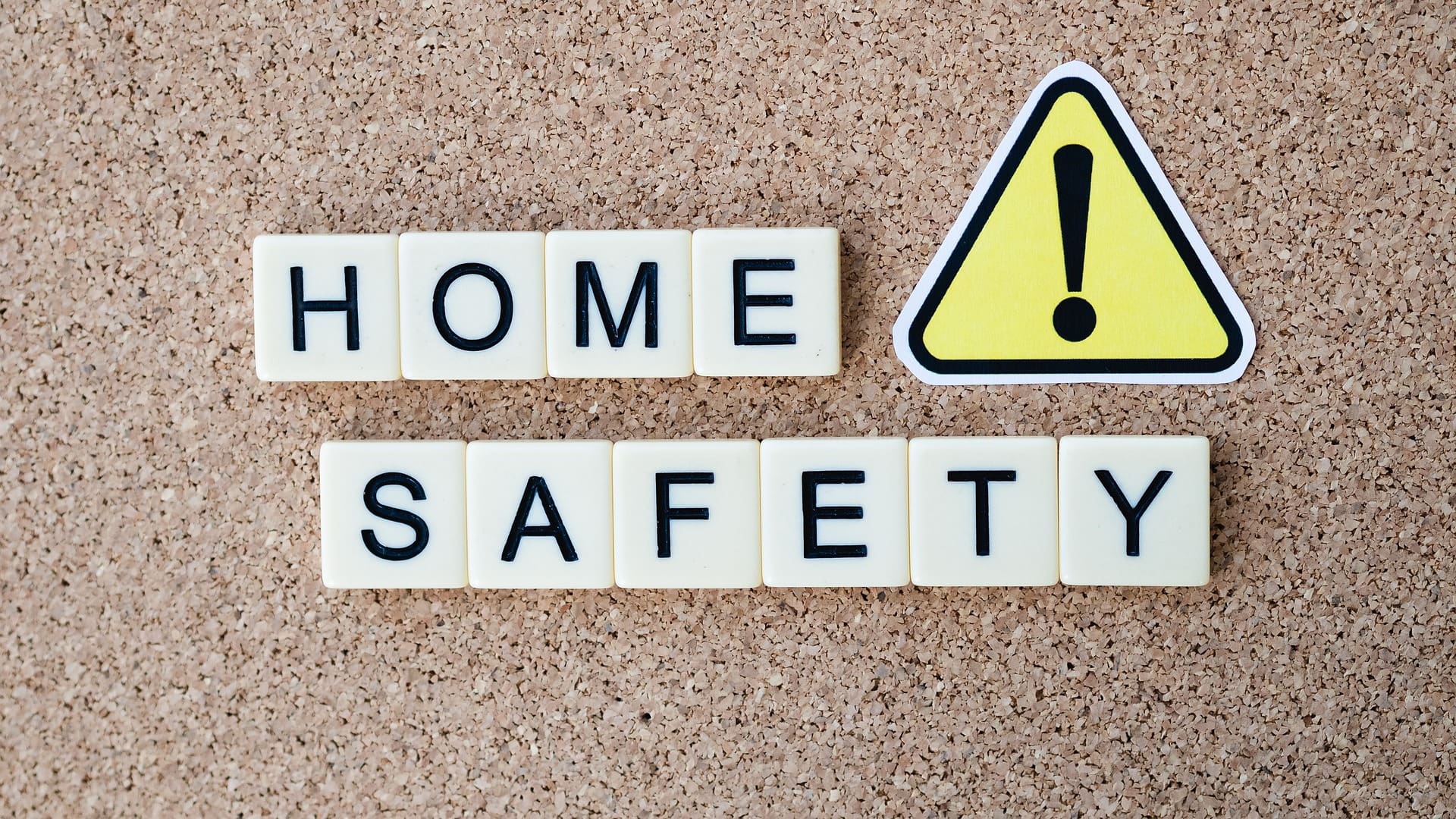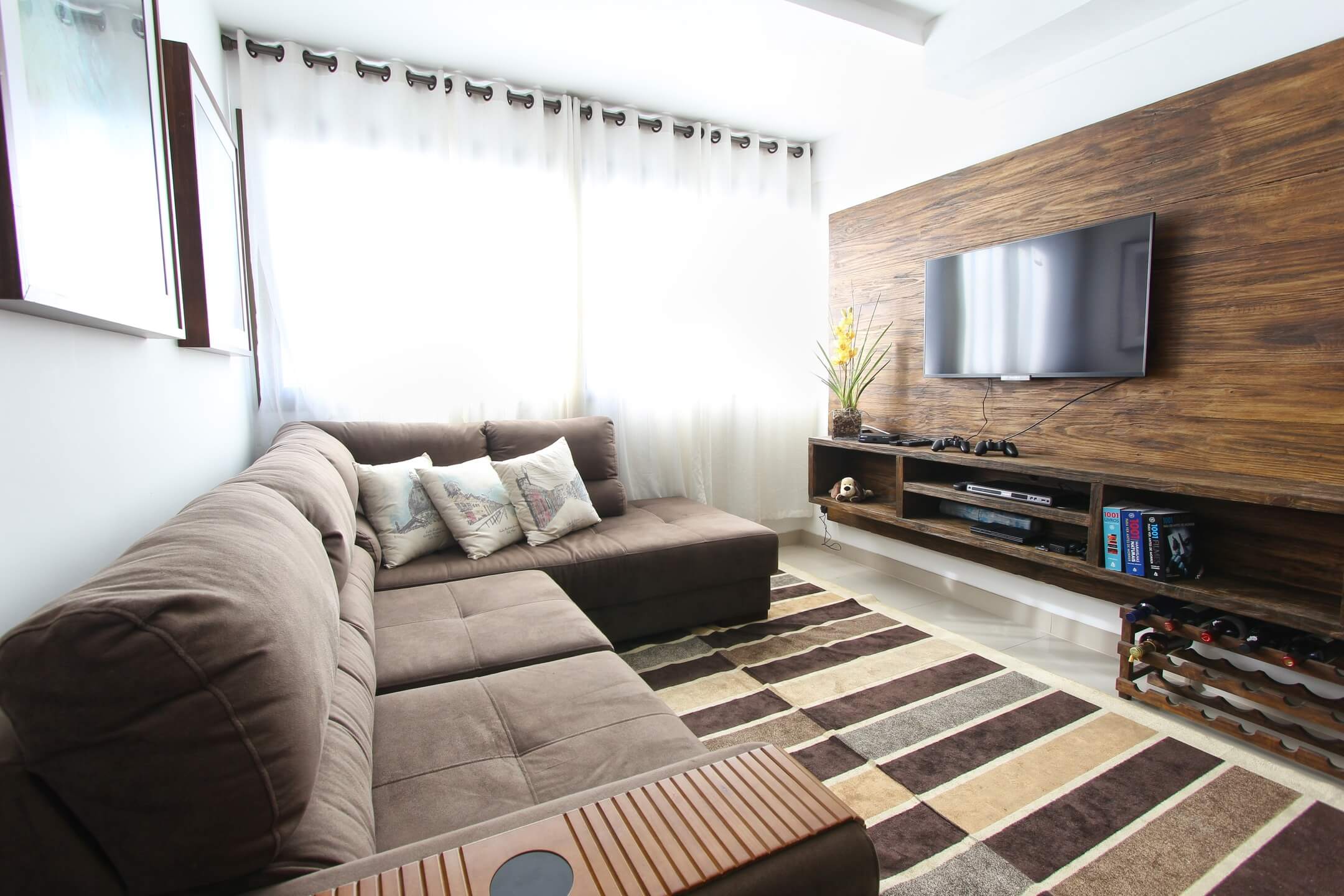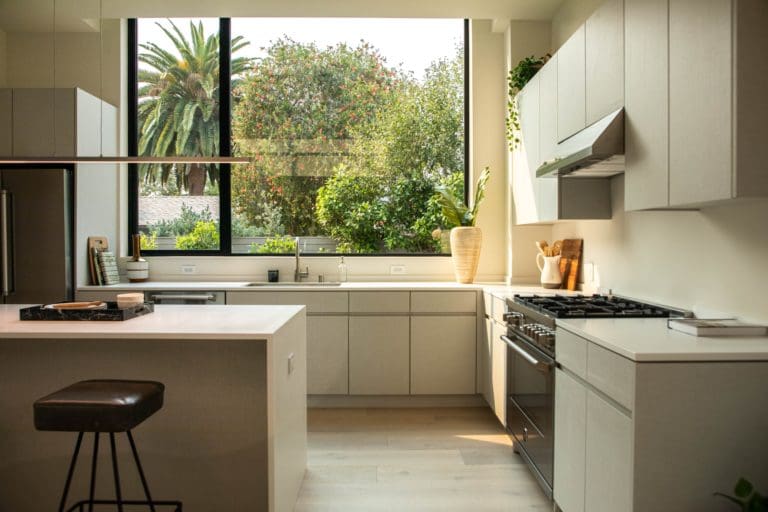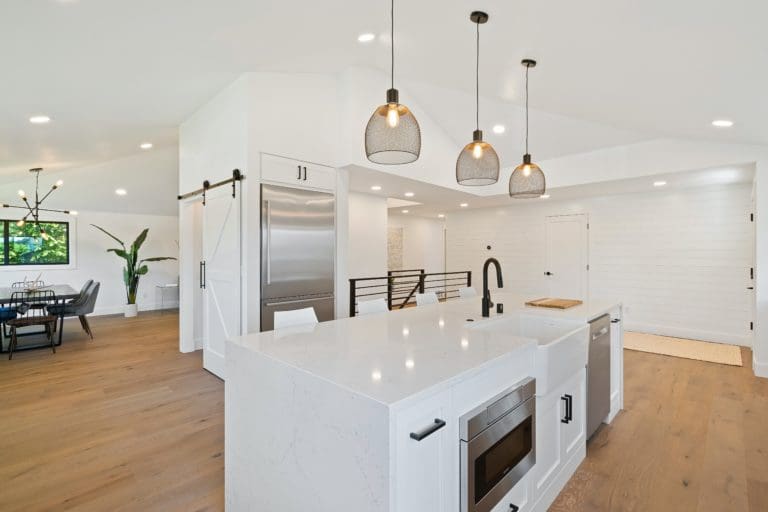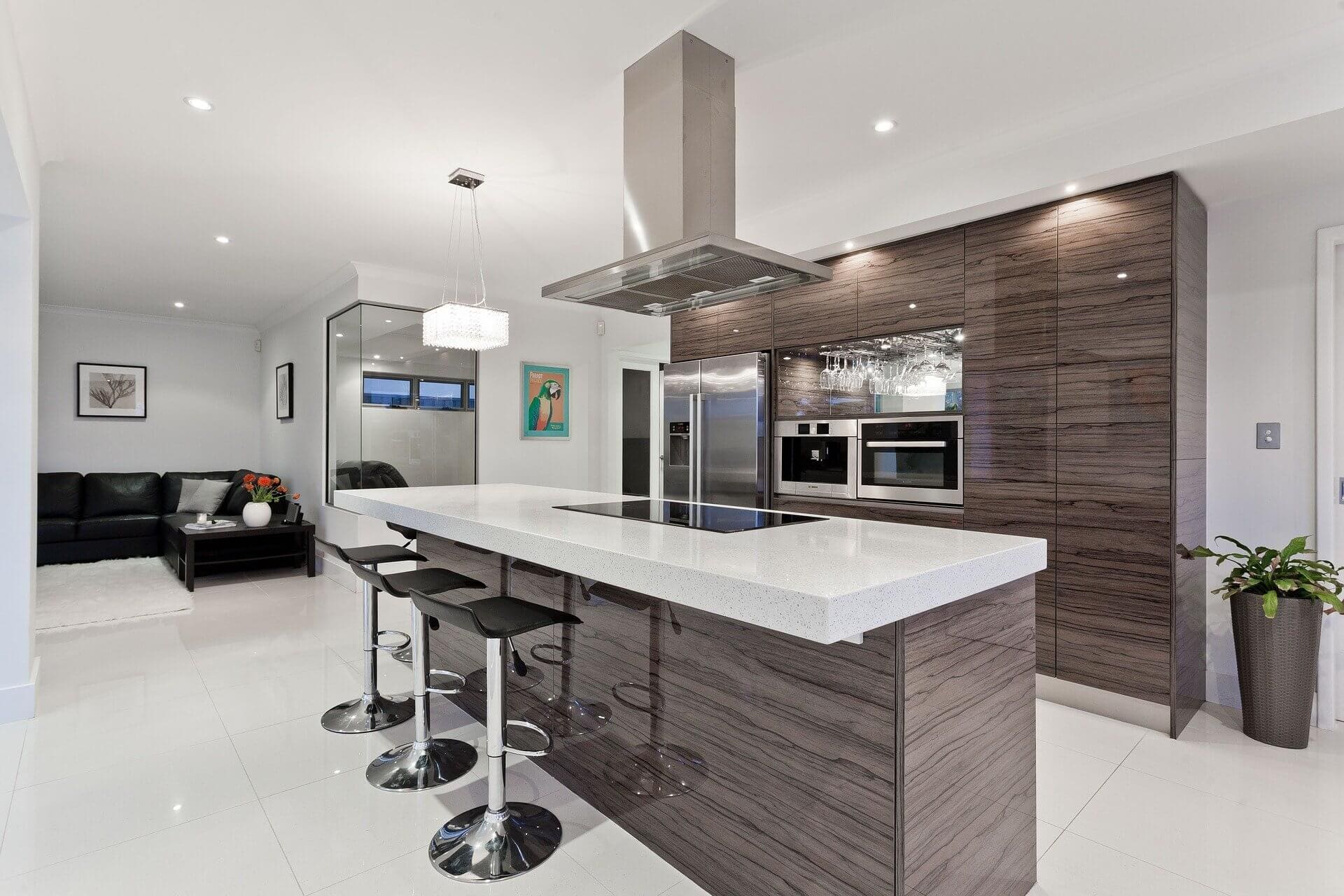Security cameras sound serious. We have had to hire professionals to mount cameras in our homes or offices in strategic points for the longest time. It will please you to know that most do-it-yourself (DIY) security systems are very affordable and user-friendly, making them very convenient.
Image by wiredsmartio from Pixabay
Affordability is the most intriguing aspect of anything DIY; home security cameras are not an exception. Drilling and technical abilities are far from the requirements, so relax because you will spend the shortest time and less energy than what is notable in most DIYs.
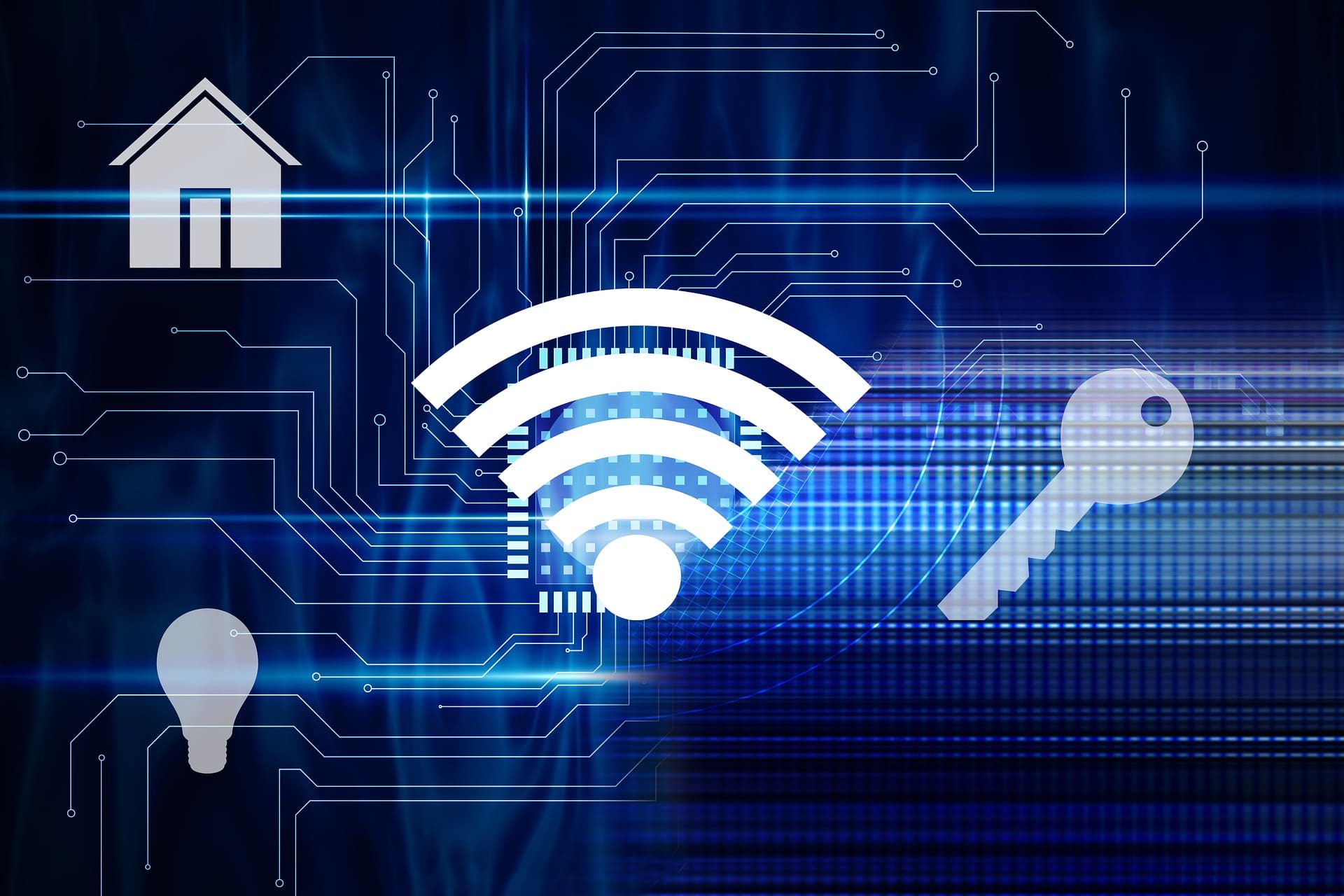
Most DIY home security cameras are wireless; hence you can have these in your bedsitter, living room, and any other room of your rented space. This post carries special enlightenment on DIY home security systems; stay tuned for more.
Why you need a home security system?
Whether or not you settle for a DIY home security panel, your choice is still the best. A few decades behind, no one cared to have security cameras in their homes; in fact, it was a pure extravagance. Today, families have the best appliances, furniture, and decorative pieces that cost a fortune.
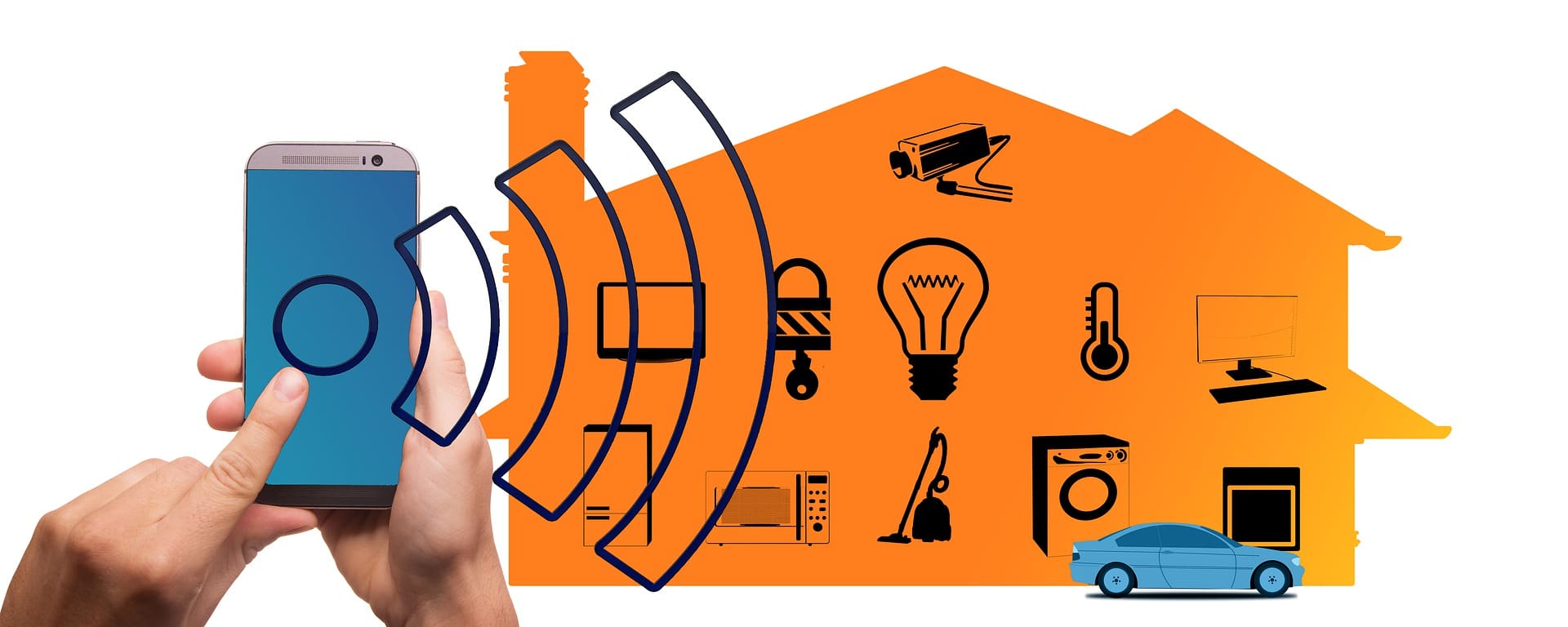
There is no need to have the things you bought with your hard-earned money end up in the hands of some burglar; hence a security system regardless of the space is advisable.
What are the vital steps for installing a DIY home security system?
Have a wireless home security panel in place
This step is the very first and essential. You are required to identify a position around your main entry door and pick the ideal power source for panel installation. After identifying an excellent location, you can hammer a nail into the wall. However, since most rentals have concerns about drilling holes on walls, a two-sided removal adhesive will come in handy and do the job brilliantly.

Have detectors and sensors in place
Your sensors and detectors go second in the DIY home security system installation. This system comes with window and door alarm sensors. In some cases, they include motion detectors; the best part is that the sensors come with some great pill and stick package and are easy to move whenever you want to reposition them.
However, for the avoidance of frequent relocations, it is advisable to follow the latter’s security system guidelines as this will guide you on how to place the cameras strategically.
Test the entire system
These parts are the most vital. It will tell whether or not you did the right thing and if the security system is faulty. You must endeavor to follow the guidelines in the manual.
What are the main elements of a DIY home security system?
Like any other product, security systems come in different forms and shapes, so they range widely. Here are some of the elements to look for in any pre-designed security packages or customized home security systems.
Sensors
Sensors are critical elements in any security system. How else are we to know if an intruder has found his way into our humble aboard? The best part about sensors is that nothing goes unnoticed; with every door or window opening, the alarm goes on. The number of sensors you require depends on the number of doors and windows you have.

Detectors of motion
Like I have indicated above, nothing goes unnoticed. These are best to position at the corners. That way, you can rest assured that no movement will go unnoticed. You are in luck if your motion detectors are advanced. Such sensors start recording motion is detected. Most modern systems allow for real-time access to the recordings. You can watch this on your phone or computer.
Main panel
Here is where the medulla oblongata of your DIY home security system resides. The panel’s primary role is to either activate or deactivate the entire system. Programming and settings are also done from the control panel, especially if the panel is sophisticated.
Who needs a DIY home security system?
The above is a vital question to consider. Ignoring it would do you any good. Finding yourself with a security system that cannot serve the intended purpose is the last thing you want. For you to avoid a scenario where you invest in a DIY security system that will prove useless, it is best to find the ideal spaces for such installations. Here is what you need to consider before installing a DIY home security system.
Your space
DIYs are not for small house owners only. You can go for it even if your space is massive. The question here is whether or not it will serve the intended purpose. Suppose you own a mansion that is close to big cities.
In that case, it is advisable to respect your home by installing a security system that is a little more sophisticated and can prove much more effective than the DIYs. Spaces like bedsitters are ideal for DIY installations. Also, a home in the suburbs can opt for DIY installation.
Your budget
DIYs are easy to have on a pocket-friendly budget. There is no need to go bankrupt over an installation you don’t need. As mentioned above, DIY home security does not require technical capabilities; hence you don’t have to hire anyone.
Also, anything that seems out of place after the installation, a DIY home security system owner can fix it provided they have the manufactures manual. An advanced security system may require you to hire a professional who will require payment for any job done, big or small. My point is with DIYs, very little is spent in the long run.
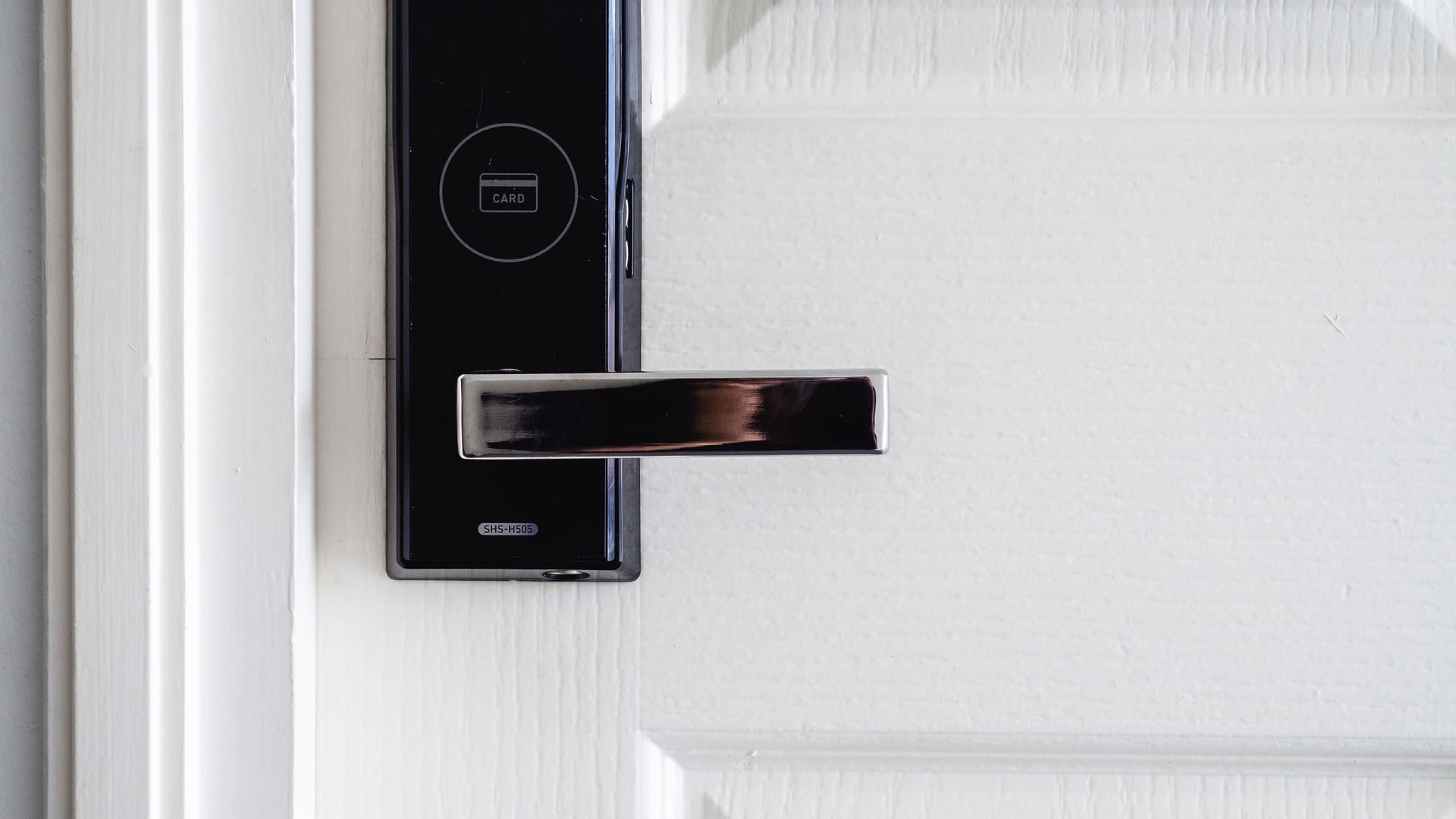
Advanced services
Most people install security systems to feel safe and be ready for any burglars for the primary reason. However, the more advanced non-DIY home security systems come with a ton of luxuries. They can monitor the temperature, sense fire, and control temperature since a fire and carbon dioxide level. Few DIY home automation systems can provide that type of service, by all means, do your research online.
To wrap
A smart DIY home security system might be the ideal option for you. If you are interested in saving some cash, the eye-opening tips above should come in handy.

